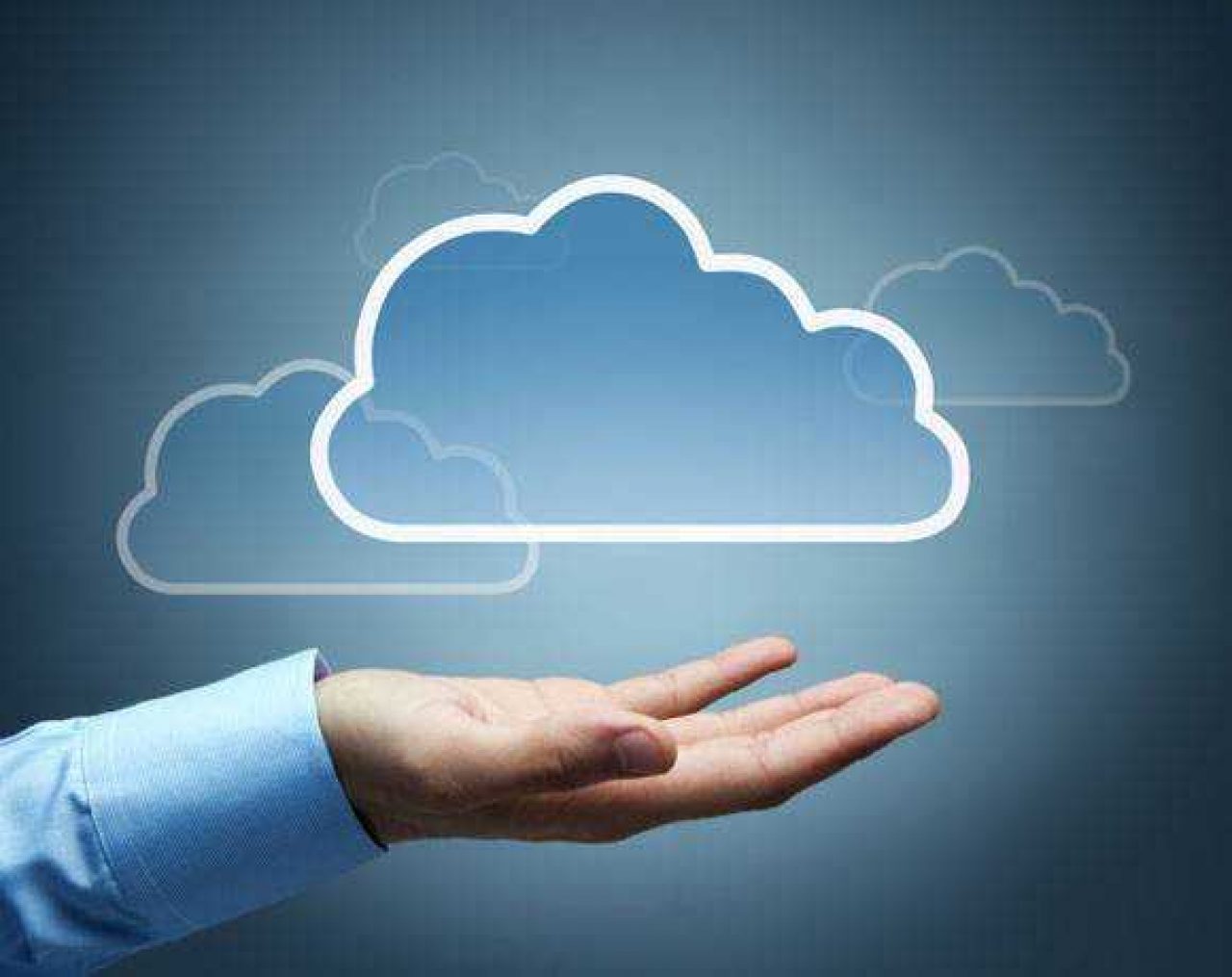Partly Cloudy: 3 Things You Need to Know about Cloud Computing
Cloud computing is big these days and, if you’re like the rest of us, you’ve heard it mentioned one or two (hundred) times before. But, what exactly is the cloud? The reality is that the cloud has been around forever (it was essentially invented when the Internet came in to being) and is nothing new.
Cloud computing is big these days and, if you’re like the rest of us, you’ve heard it mentioned one or two (hundred) times before. But, what exactly is the cloud? The reality is that the cloud has been around forever (it was essentially invented when the Internet came in to being) and is nothing new. However, it has only been within the last 7 years or so that cloud computing became popular. That’s because it’s only been until recently that you could actually run an application in the cloud.
But first things first, let’s define “the cloud.” Wikipedia defines it like this: Cloud computing is a colloquial expression used to describe a variety of different types of computing concepts that involve a large number of computers that are connected through a real-time communication network (typically the Internet).
So, what that means is that when you are shopping for that latest pair of shoes, you’re operating in the cloud. When you’re using email like Gmail or Yahoo! Mail? Cloud computing. Think of it this way: if you have to install a piece of software to perform some work on your computer (like with Microsoft Word) that’s what is called a desktop application. When you work on your computer through a browser (like Chrome, Firefox or Internet Explorer) then, you’re using cloud-based applications.
That said, there are a three things you should keep in mind about cloud computing and how it can truly enhance the experience you have with your computer.
- Back-up: This is the cloud’s killer app, if you ask me. Anyone who has a computer has experienced the frustration of having your computer crash, die or burn to the ground with all of your important files in tow. That’s why every computer geek in the world (including myself) insists on having a backup. We’ve been burned too many times. But, backups to external drives can be costly and difficult to manage. That’s why I suggest having an online backup account. At Bask, we use Mozy Online Backup within the office and with every single one of our subscribers. I can tell you that I feel so much better knowing that every important file I hold on to is backed up safely somewhere, offsite, and away from my own computer. That way, I know I’ll never lose anything important and the peace-of-mind that offers is tremendous.
- Security: Here’s the thing about cloud computing. It’s difficult for hackers and other nefarious types to get access into cloud computing apps. Now, that’s not to say they can’t, but with Internet encryption where it is today, and most documents being stored in massive server farms with security that would make the NSA proud, accessing complex cloud-based applications and their related documents is awfully difficult. That’s why so many people are moving to cloud based apps to do all their work. Even apps like Microsoft Word are going cloud based with the introduction of Microsoft Office 365. What that means is that in a few years, you’ll only have one piece of software installed on your computer—a browser. Everything else will happen while you’re online. And the security there will far outweigh anything an individual can do on their own.
- Computer Speed: One of the dirty little secrets about computers is that the more stuff they have on them, the slower they go. Files, applications, plugins—it doesn’t matter. The less programs a computer has and the less files it has to store, the faster and smoother it runs. In my mind, this is the biggest benefit of cloud computing. Here, you’re only limited by your Internet speed. Of course, the consequence of that is that Internet service providers will need to step up their game in terms of providing faster Internet, but, in my opinion, they need to do that anyway.
Hopefully you learned something about the cloud. What do you use cloud computing for? Hit me up in the comments or let me know if I can answer any additional questions.

 Member Connect
Member Connect